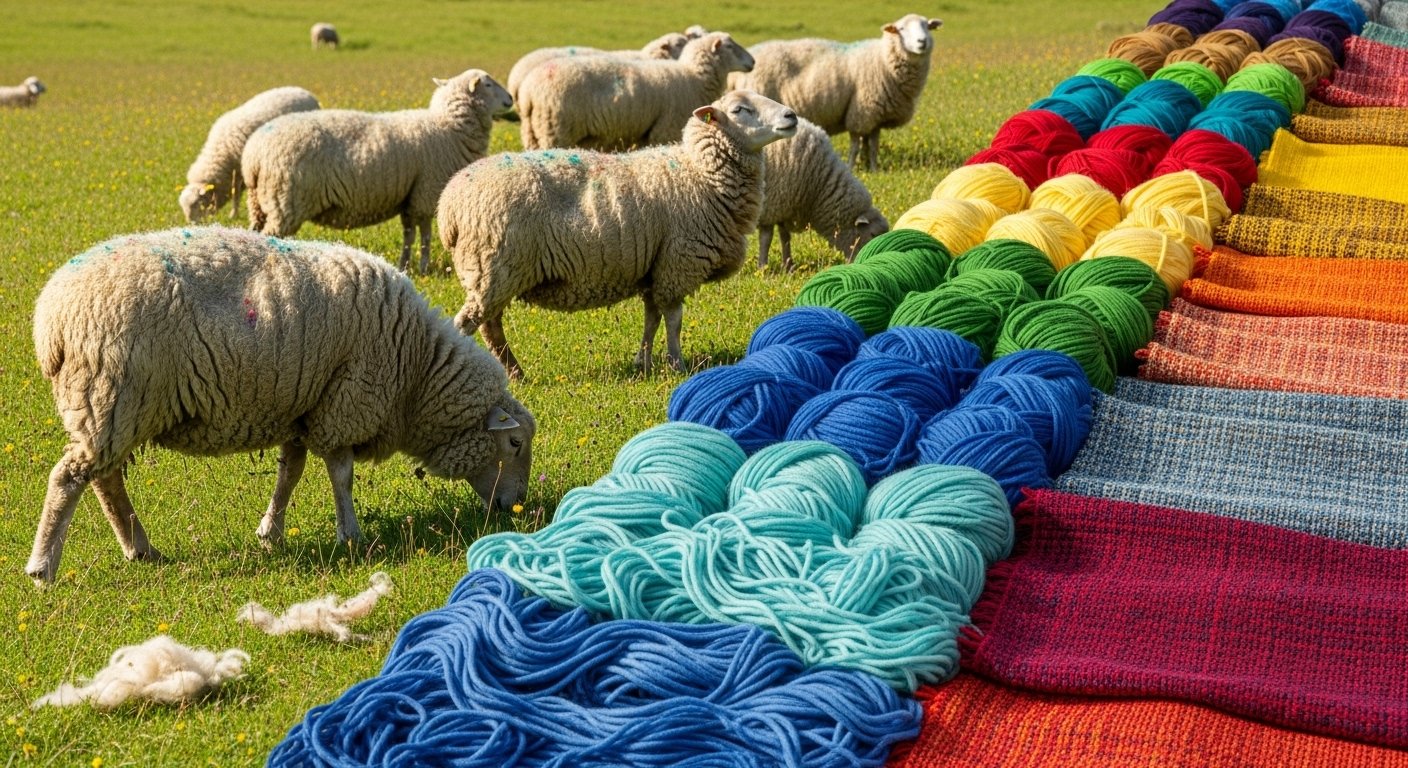Babies have the softest skin imaginable, which is exactly why it needs extra care. Their skin is more delicate and prone to dryness, rashes, or allergic reactions compared to adults. With shelves full of lotions, ointments, and products all claiming to be “gentle,” how do you know what’s actually safe and effective?
Whether you’re a first-time parent or already dealing with a full house, here are key factors to keep in mind when buying skincare products for your baby.
Ingredients
The first rule of thumb is to flip the bottle and read the label.
Look for skincare products with short and simple ingredient lists. Fewer ingredients usually mean fewer chances of irritation. Ingredients like calendula, colloidal oatmeal, and shea butter are often well-tolerated by sensitive baby skin.
Avoid:
- Fragrances and dyes
- Parabens and phthalates
- Harsh alcohols, like ethanol or isopropyl alcohol
A product may market itself as “natural” or “organic,” but that doesn’t automatically make it safe for babies.
Hypoallergenic and Dermatologist-Tested
Hypoallergenic products are formulated to reduce the risk of allergic reactions. Similarly, if a product is dermatologist-tested or pediatrician-recommended, it usually means it went through extra safety checks and should be safe for baby use.
If your child already has skin conditions like eczema, you’ll want to be even more careful. A good baby eczema cream is typically made with ingredients like zinc oxide, designed to soothe inflamed or itchy skin without triggering further irritation.
Your Baby’s Specific Skin Needs
All babies are different. Some may never get a single rash, while others develop dry patches, baby acne, or eczema.
If your baby is prone to:
- Dry skin, choose rich moisturisers with ceramides or shea butter.
- Eczema, use a specialised eczema cream made for babies.
- Rashes or heat bumps, lightweight and breathable formulas work best.
Remember, what works for one baby may not work for another. Don’t hesitate to consult your pediatrician or dermatologist for product suggestions tailored to your child’s needs.
Packaging and Expiration Date
If you have the option to choose, go for tubes or pump bottles over jars. They’re more hygienic and reduce the risk of contamination.
Also, always check the expiration date. Expired products can harbour bacteria or lose effectiveness. In either case, they’re not safe for use on skin, especially that of babies, who are naturally more sensitive and prone to harmful factors.
Baby skincare doesn’t last as long as adult products because they tend to contain fewer preservatives, which is a good thing. But it also means you need to be more mindful of shelf life.
Choose Fragrance-Free Over Unscented
Fragrance-free means the product contains no added scent ingredients whatsoever. Unscented products might still have masking agents to cover up chemical smells – and these agents can still cause irritation.
So, if you’re trying to reduce skin sensitivities or irritation, fragrance-free is the way to go. Especially if your child already struggles with skin issues, going all-natural with no added fragrance is crucial.
Just make sure not to overuse any kind of product. It can strip the skin’s natural oils and lead to even more irritation.










